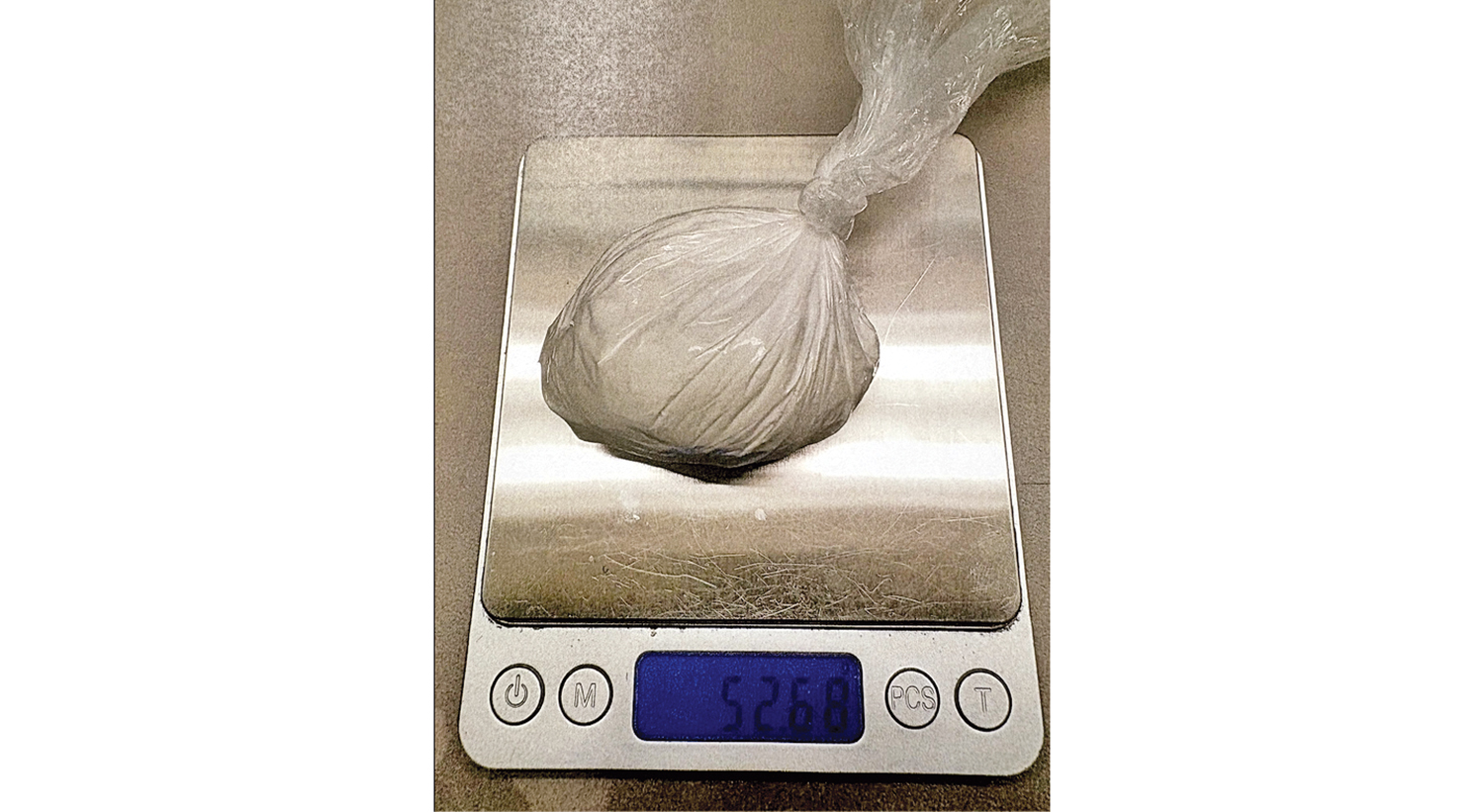MJ Wixsom: Pros, cons of adopting shelter cat
Published 12:00 am Thursday, February 23, 2023
I just saw a new cat with a long-term client. Scruffy was what we call a foster fail.
A foster takes an animal into their house while they continue to look for a new home. A foster fail pet is where the family stops looking for a new home.
For many people, a furry companion is an important part of the family.
With so many cats in shelters waiting for a forever home, it is no wonder that many people are considering adopting a shelter cat.
However, before making a decision, it is important to understand the pros and cons of adopting a shelter cat.
Pros:
Cost-effective: Adopting a shelter cat is often much more affordable than purchasing a cat from a breeder or pet store.
Many shelters include the cost of spaying or neutering, vaccinations, and microchipping in the adoption fee.
Save a Life: Adopting a shelter cat helps to save the life of an animal in need and makes room for another cat in need to be rescued.
Variety: Shelter cats come in all shapes, sizes, colors, and personalities.
You are likely to find the perfect cat that fits your lifestyle and family.
Health Benefits: Shelter cats are generally healthy, and most have been checked by a veterinarian and treated for any illnesses or conditions.
But all shelters are not equal.
Some shelters are better equipped, funded, and staffed than others, and the level of care that cats receive can vary widely.
Some shelters may have more resources to provide medical care, socialization and enrichment activities for their cats, while others may be struggling to meet basic needs.
In terms of the care that cats receive at the shelter, this can vary widely as well.
In general, most shelters aim to provide a clean and safe environment for the cats in their care, as well as food, water and litter boxes.
Some shelters may also provide medical care, such as vaccinations and spaying or neutering, while others may rely on volunteers and donations to provide these services.
Socialization and enrichment activities are also important for the well-being of shelter cats, and some shelters may have programs in place to provide these.
For example, volunteers may spend time playing with and grooming the cats, or the cats may have access to toys and scratching posts.
Ultimately, the level of care that cats receive in a shelter will depend on many factors, including the resources and funding available, the staff and volunteers and the policies and procedures in place.
If you are considering adopting a shelter cat, it is a good idea to research the shelters in your area and visit them to see the conditions for yourself.
Cons:
Trauma and behavioral issues: Some cats in shelters may have experienced trauma or neglect, which can result in behavioral issues such as aggression, shyness, or litter box problems.
Health Issues: While many shelter cats are healthy, some may have underlying health issues that may not be immediately apparent.
These can include feline leukemia, feline immunodeficiency virus, or other diseases that may not show up for weeks or months after adoption.
Adjustment Period: Adopting a shelter cat can be a big adjustment for both you and the cat.
You may need to give the cat time to adjust to its new home, especially if it has experienced trauma or neglect.
Adopting a shelter cat can be a rewarding experience for both the cat and the adoptive family. However, it is important to consider the pros and cons carefully before making a decision.
Make sure you are prepared to provide a safe and loving home for your new furry friend and are willing to invest the time and resources needed to help them adjust to their new life.
We are running blood work to see how sick Scruffy is.
MJ Wixsom, DVM MS is a best-selling Amazon author who practices at Guardian Animal Medical Center in Flatwoods, Ky. GuardianAnimal.com 606-928-6566.






